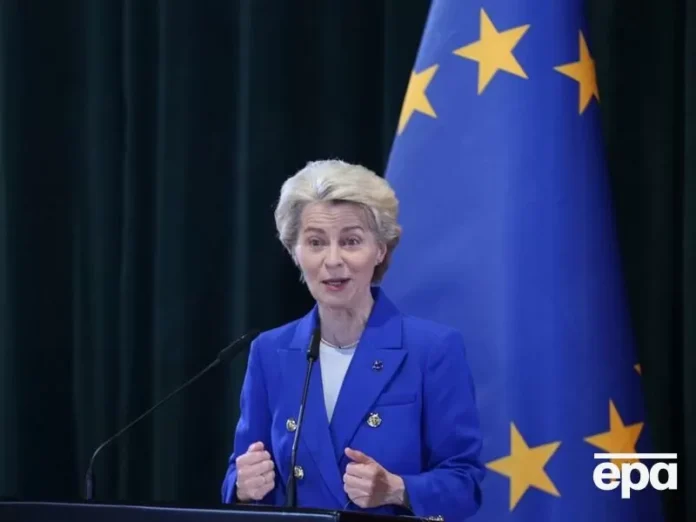The European Union should gradually create a full-fledged intelligence agency in order to more effectively counter external threats and respond more decisively to espionage within its borders. This was reported by Bloomberg on October 23, citing a draft report requested by European Commission President Ursula von der Leyen.
Intelligence and security have always been crucial for the stability and well-being of any country or union. As the EU continues to face a range of complex challenges, from terrorism to cyber attacks, it is imperative that it has a strong and coordinated intelligence agency to protect its citizens and interests.
Currently, the EU relies on individual member states’ intelligence services to gather and share information, but this approach has limitations. Each country has its own priorities and processes, making it difficult to have a unified and comprehensive strategy. This can lead to gaps in information and missed opportunities to prevent threats.
Moreover, the EU is also vulnerable to external threats from other countries and organizations. As the European Union grows in economic and political power, it becomes a more attractive target for espionage and cyber attacks. A dedicated intelligence agency would be better equipped to identify and respond to these threats, ensuring the security of the EU and its citizens.
The proposal for a European intelligence agency has been met with some skepticism and concerns about potential duplication of efforts and infringement of national sovereignty. However, these concerns can be addressed through careful planning and collaboration.
Firstly, the creation of a European intelligence agency would not mean replacing the existing national agencies, but rather complementing and enhancing their capabilities. The agency would work closely with member states’ intelligence services, sharing information and coordinating efforts. This would create a more efficient and effective system, as well as prevent duplication of work.
Secondly, the agency would not have any authority to conduct operations within member states without their permission. This would respect the sovereignty of each country while still allowing for collaboration and cooperation.
In addition to counterintelligence and external threats, the European intelligence agency could also play a crucial role in protecting the EU’s internal security. The rise of hybrid warfare, where non-state actors use a combination of conventional and unconventional tactics, poses a significant threat to the EU. A dedicated intelligence agency could identify and respond to these tactics, such as disinformation campaigns and cyber attacks, thus protecting the EU’s democratic processes.
Furthermore, having a European intelligence agency would also enhance the EU’s role as a global player. With its own intelligence capabilities, the EU would be able to contribute more significantly to international security and collaborate with other countries and organizations in a more equal and effective manner.
The creation of a European intelligence agency would also bring economic benefits. The EU currently spends a significant amount of money on intelligence and security, with each member state having its own separate budget. By pooling resources and sharing costs, the EU could save money and use it more efficiently.
In conclusion, the proposal for a European intelligence agency is a crucial step towards ensuring the security and well-being of the EU and its citizens. It would allow for a more coordinated and efficient approach to intelligence gathering and sharing, as well as better protection against external threats. With careful planning and collaboration, this agency could become a valuable asset for the EU and its member states. It is time for the EU to take this important step towards a safer and more secure future.

